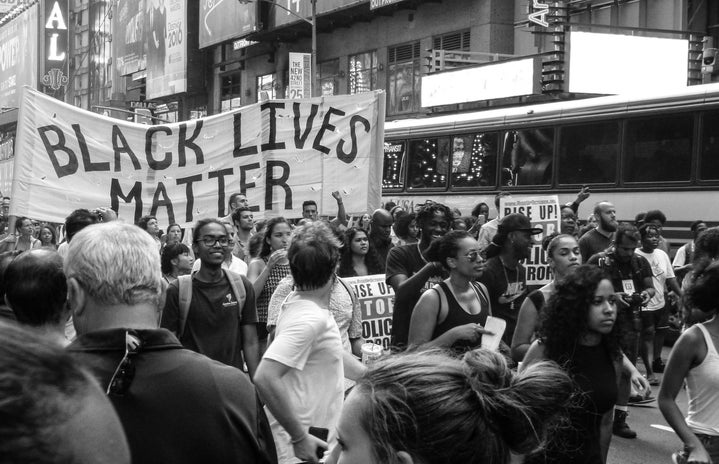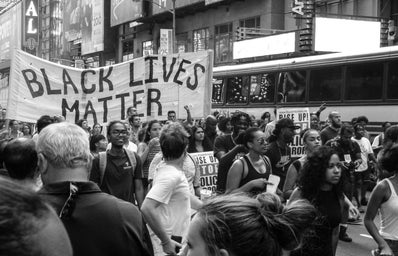February is recognized as Black History Month in Canada, the United States, and, more recently, the United Kingdom and Ireland. Black History Month celebrates and honors the historical contribution of African Americans to the U.S. and the global impact of black culture and heritage. The annual event began in the 1920s in the U.S. and was first recognized in the U.K. in 1987, the 150th anniversary of the abolition of slavery in the Caribbean.
One of the significant ways in which African Americans have depicted the atrocities of enslavement in the 1700s-1800s is through literature. In honor of Black History Month and recognizing these extraordinary black authors, we can begin to hear the millions of voices that went unheard in the horrific truth we must continue to confront.
Toni Morrison’s Beloved – “Freeing yourself was one thing, claiming ownership of that freed self was another.”
Toni Morrison is an African American novelist focusing on the Black American Experience. Her novel Beloved is the pinnacle of magical realism and historical fiction. The book is set in the period after the American Civil War and delves into the past of formerly enslaved people and emphasizes that although these victims are “free” in the physical sense, their psychological trauma continues to hold them hostage. The story follows a family living in a little Cincinnati home haunted by the malicious spirit of the protagonist Sethe’s’ dead child, Beloved. Morrison conveys how enslavement affects not only those who’ve directly experienced it but also those who are left to deal with the repercussions of the trauma through their loved ones—a heartbreaking insight into the aftermath of slavery and its generational impacts.
Zora Neale Hurston’s Their Eyes Were Watching God – “It was not death she feared. It was misunderstanding.”
Zora Neale Hurston was a filmmaker, anthropologist, and American author. Although at the time of her death in the 1960s, she was forgotten, she has more recently gained recognition through her depictions of racial injustice in the early 20th century. Her most popular novel, Their Eyes Were Watching God, is a pursuit of love and freedom as a Black woman in the 1930s. The novel’s protagonist, Janie, seeks love– and after three marriages, she is met with something far greater than she could have dreamt. Freedom. In the all-black community of Eatonville, Janie seeks a horizon she has been told all her life she will never reach. It is a novel with deeply resonating themes of dreams, freedom, and self-pursuit of women navigating through a patriarchal society.
James Bladwin’s If Beale Street Could Talk – “Neither love nor terror makes one blind: indifference makes one blind.”
James Baldwin was an American writer and civil rights activist. Grandson of a slave, James grew up in poverty in Harlem, being the oldest of 9 children. He has published several novels, including but not limited to Giovanni’s Room (1956), Sonny’s Blues (1957), I Am Not Your Negro (2017), and my personal favorite, If Beale Street Could Talk, a compelling introspection on injustice in a broken system that fails to recognize its characters as human beings. Tish and Fonny, childhood friends turned lovers, are confronted with the news of Tish’s pregnancy when Fonny is unjustly accused of a terrible crime. The novel examines themes of passion and injustice, depicting the struggle of a young black couple as they fight for their love and freedom against all odds.
Ralph Ellison’s Invisible Man – “When I discover who I am, I’ll be free.”
Ralph Ellison was an American author and literary scholar best known for his novel Invisible Man, which went on to win the National Book Award in 1953. Invisible Man is a literary classic following the journey of an unnamed protagonist from the Deep South to the isolating streets of Harlem in the 1930s. It is a heart-wrenching analysis of isolation as a black man searching for identity in a society where he is refused to be seen as a human being. The nameless protagonist’s “invisibility” is a symbol of the oppression of black people in the early 20th century. Invisible Man was the only novel he published in Ellison’s lifetime, and its impacts are quite relevant to America today. As the U.S. persists in its inability to see those who are marginalized and perpetrated, Ellison’s literature provides insights into the political and social blindness our world has grievously succumbed to.
As we celebrate this month of brilliant leaders, authors, scholars, and so much more, we must recognize these oppressed voices that speak for many who went unheard in the horrific realities of enslavement. Although there are endless authors worthy of praise, in this list of literary masterpieces, I hope that I’ve inspired you to pick up these classics and begin to deconstruct the history of not just African Americans but all those who have been victims of an unjust society.


